Food Science & Nutrition
Curriculum Statement: (Food Science and Nutrition)
KEY STAGE 5
|
Powerful Knowledge |
|
Level 3 Certificate in Food Science and Nutrition. An understanding of food science and nutrition is relevant to many industries and job roles. Care providers and nutritionists in hospitals use this knowledge, as do sports coaches and fitness instructors. Hotels and restaurants, food manufacturers and government agencies also use this understanding to develop menus, food products and policies that support healthy eating initiatives. Many employment opportunities within the field of food science and nutrition are available to graduates.
What will I study? This qualification will enable you to demonstrate an understanding of the science of food safety, nutrition and nutritional needs in a wide range of contexts, and through on–going practical sessions, to gain practical skills to produce quality food items to meet the needs of individuals. It has been designed to offer exciting, interesting experiences through applied learning, i.e. through the acquisition of knowledge and understanding in purposeful, work-related contexts, linked to the food production industry.
What skills will I develop? You will build on and extend your practical food preparation skills plus each unit within the qualification has an applied purpose which acts as a focus for the learning in the unit. The applied purpose demands authentic work related learning in each of the available units. It also requires you to consider how the use and application of your learning impacts on yourself, other individuals, employers, society and the environment. The applied purpose will also enable you to learn in such a way that you develop: skills required for independent learning and development skills to ensure your own dietary health and well being a range of generic and transferable skills the ability to solve problems the skills of project based research, development and presentation the ability to apply mathematical and ICT skills the fundamental ability to work alongside other professionals, in a professional environment the ability to apply learning in vocational contexts.
|
|
Literacy |
|
Learners should develop skills needed to use the advanced techniques (cooking). Learners should be familiar with the names of the techniques, the skills and methods involved and how to use techniques with pace, speed and precision.
Boiling • Water court - bouillon, milk, stock • Poaching • Shallow, deep • Stewing • Water, stock, sauce • Braising • Brown i.e. joints and cuts of meat • White i.e. vegetables and sweetbreads • Steaming • Direct, indirect, high pressure • Baking • Dry baking, baking with increased humidity, baking with heat modification • Roasting • Oven, on a spit • Tandoori cooking • Grilling (griddling) • Overheat, underheat, between heat • Frying • Shallow, deep, sauté, stir-fry • Paper bag/en papillotte • Microwave • Pot roasting • Poele* Piping • Carving • Shaping • Moulding • Glazing • Rolling • Cutting • Sugar work • Couverture* Turning • Shaping • Carving • Larding • Boning (meat) • Tenderising • Blending • Mincing • Enriching • Separating • Filleting (fish) • Moulding*Timescales • Commodities • Techniques • Sequencing • Quality points/critical control. |
|
School Context |
|
Appreciation of how the region sits with regard to industry and industrial links. Students encouraged to see the positive and negative aspects of ‘Food Science and Nutrition’ in its broadest sense in the region |
|
Assessment |
|
The Level 3 Applied Certificate in Food Science and Nutrition consists of one unit:
Unit 1 Assessed by exam 50% of the certificate marks Unit 1 Assessed by non-exam assessment which is marked by your teacher 50% of the certificate marks Learning Outcomes/ Assessment Criteria
LO1 Understand the importance of food safety: AC1.1 Explain how individuals can take responsibility for food safety 14-22 15-25% AC1.2 Explain methods used by food handlers to keep themselves clean and hygienic AC1.3 Explain methods used to keep work areas clean and hygienic AC1.4 Analyse risks associated with food safety LO2 Understand properties of nutrients AC2.1 Explain how nutrients are structured 14-22 15-25% AC2.2 Classify nutrients in foods AC2.3 Assess the impact of food production methods on nutritional value LO3 Understand the relationship between nutrients and the human body: AC3.1 Describe functions of nutrients in the human body 22-31 25-35% AC3.2 Explain characteristics of unsatisfactory nutritional intake AC3.3 Analyse nutritional needs of specific groups AC3.4 Assess how different situations affect nutritional needs LO4 Be able to plan nutritional requirements: AC4.1 Evaluate fitness for purpose of diets 22-31 25-35% AC4.2 Calculate nutritional requirements for given individuals TOTAL 90 100%
|
|
Careers |
|
This qualification will enable you to demonstrate an understanding of the science of food safety, nutrition and nutritional needs in a wide range of contexts, and through on–going practical sessions, to gain practical skills to produce quality food items to meet the needs of individuals. It has been designed to offer exciting, interesting experiences through applied learning, i.e. through the acquisition of knowledge and understanding in purposeful, work-related contexts, linked to the food production industry.
By studying for this certificate alongside other relevant qualifications at Level 3 e.g. GCE Biology, Physical Education, Sociology, you will gain the required knowledge to use the qualification to support entry to higher education courses such as: •BSc Human Nutrition •BSc (Hons) Public Health Nutrition •BSc (Hons) Food Science and Technology |






